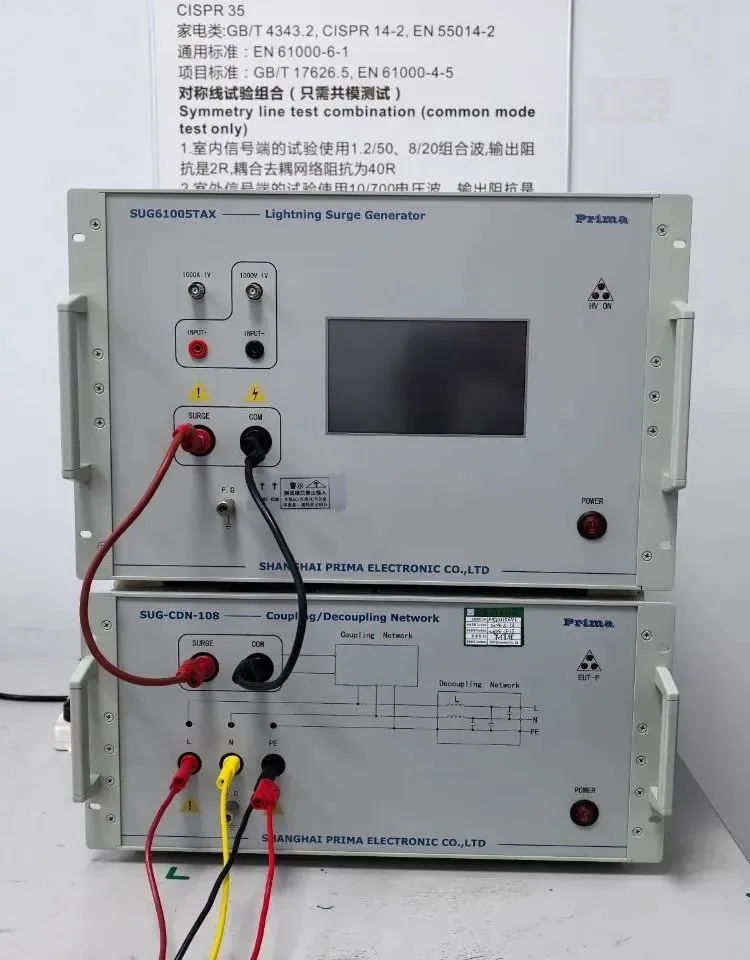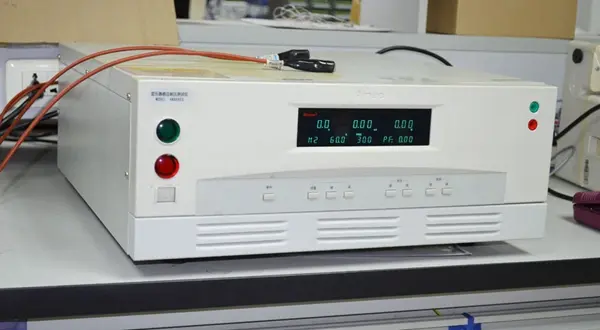
UK PSTI Compliance Overview
Introduction to uk psti Cybersecurity Law
Starting April 29, 2024, the UK will enforce the cybersecurity provisions under the Product Security and Telecommunications Infrastructure (psti) Act of 2023, impacting consumer-connected devices across England, Scotland, Wales, and Northern Ireland. With less than four months until implementation, manufacturers exporting to the UK shoULd expedite PSTI complianCE certification to ensure smooth market entry.
PSTI Act Details
The UK’s Consumer Connectable Product Security Scheme will take effect on April 29, 2024, mandating minimum security requirements for connectable products. These standards align with the UK's IoT security guidelines, the globally recognized ETSI EN 303 645, and recommendations from the UK’s National Cyber Security Centre. The scheme will also require other supply chain businesses to prevent the sale of insecure consumer products within the UK.
PSTI Act Legislation Includes:
- Part 1 of the 2022 Product Security and Telecommunications Infrastructure (PSTI) Act
- 2023 Product Security and Telecommunications Infrastructure (Security Requirements for Relevant Connectable Products) Regulations
PSTI Act Timeline
- Approved: December 2022
- Draft Published: April 2023
- Enacted into Law: September 14, 2023
- Enforcement Date: April 29, 2024
Key PSTI Documents
1. UK PSTI Act Overview (https://www.gov.uk/government/publications/the-uk-product-security-and-telecommunications-infrastructure-product-security-regime)
2. 2022 Product Security and Telecommunications Infrastructure Act (https://www.legislation.gov.uk/ukpga/2022/46/part/1/enacted)
3. 2023 PSTI Security Regulations (https://www.legislation.gov.uk/uksi/2023/1007/contents/made)
Scope of Products under PSTI
The PSTI Act covers Internet-connectable products, including but not limited to smart TVs, IP cameras, routers, and smart home products.
Exceptions (Schedule 3 Excepted Products) include:
- Desktop computers, laptops, tablets (without cellular connectivity), medical devices, smart meters, EV chargers, and Bluetooth single-point devices. While these products may have cybersecurity requirements, they fall outside PSTI scope and may be governed by other laws.
PSTI Compliance Requirements
The PSTI Act's security requirements focus on:
1. Secure default passwords
2. Vulnerability reporting and management
3. Software updates
Compliance can be demonstrated through direct assessment under the PSTI Act or by meeting standards outlined in ETSI EN 303 645, fulfilling all three requirements.
ETSI EN 303 645 IoT Security Standards
Thirteen categories include:
1. Default password security
2. Vulnerability management
3. Software updates
4. Secure storage of sensitive data
5. Communication security
6. Minimizing exposure
7. Data protection
8. Software integrity
9. System resilience
10. Telemetry checks
11. Data deletion
12. Simplified device setup
13. Input validation
PSTI and ETSI en 303 645 testing Process
To demonstrate PSTI compliance, manufacturers must meet minimum standards for passwords, software maintenance, and vulnerability reporting. Evaluation reports and self-declaration of compliance are requiRED. ETSI EN 303 645 is recommended as a dual compliance measure, supporting both PSTI and upcoming EU ce red cybersecurity directives, effective August 1, 2025.
Service Advantages
- R&D phase cybersecurity consulting and evaluation
- CE RED directive cybersecurity consulting and evaluation
- California SB-327 compliance consulting
- UK PSTI compliance consulting
- fcc voluntary cybersecurity certification consulting
- Cybersecurity consulting for Brazil, Singapore, and global markets
Email:hello@jjrlab.com
Write your message here and send it to us
 RCM AS/NZS CISPR 32:2023 Testing for Power Adapte
RCM AS/NZS CISPR 32:2023 Testing for Power Adapte
 How to get Australia SAA Compliance?
How to get Australia SAA Compliance?
 Does Canada Require RoHS Compliance
Does Canada Require RoHS Compliance
 EU CE LVD, EMC, RoHS Directives Compliance Guide
EU CE LVD, EMC, RoHS Directives Compliance Guide
 Quick Guide to the CE-LVD Low Voltage Directive
Quick Guide to the CE-LVD Low Voltage Directive
 Global Certification Guide for Lithium Batteries
Global Certification Guide for Lithium Batteries
 Compliance of Amazon 18650 Lithium Battery Product
Compliance of Amazon 18650 Lithium Battery Product
 What is CE Certification and EU Authorized Represe
What is CE Certification and EU Authorized Represe
Leave us a message
24-hour online customer service at any time to respond, so that you worry!




